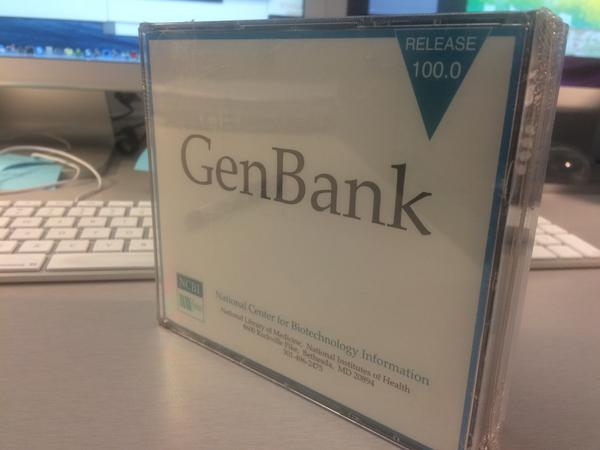
Journal stings come in various shapes and sizes. There are the hilarious ones in which authors manage to get papers based on Seinfeld or Star Wars published. There are those that play a role in the culture wars. And then there are some on a massive scale, with statistical analyses.
That’s how we’d describe the latest paper by Ottawa journalologists Kelly Cobey, David Moher and colleagues. We asked Cobey and Moher to answer some questions about the recently posted preprint, “Stress testing journals: a quasi-experimental study of rejection rates of a previously published paper.”
Retraction Watch (RW): What prompted you to do this study?
Continue reading A ‘stress test’ for journals: What happened when authors tried to republish a Nature paper more than 600 times?








